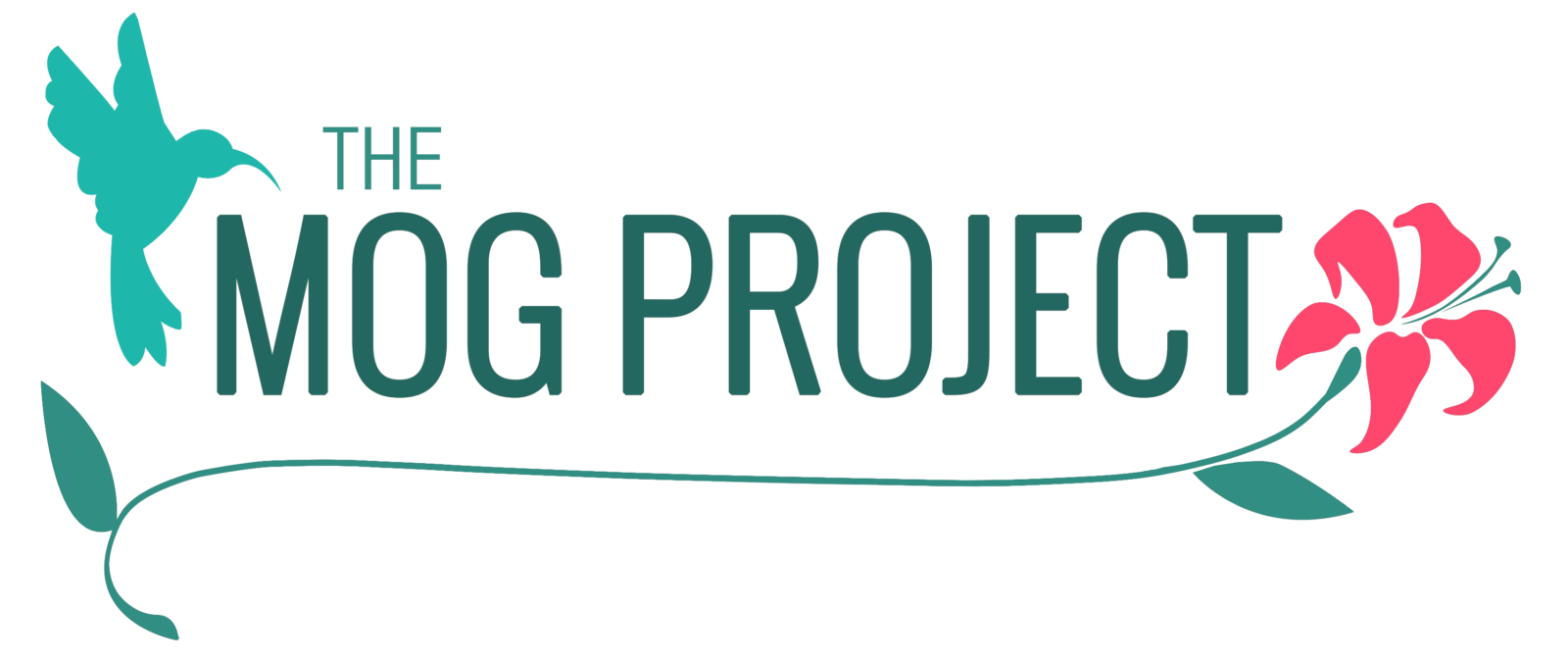Research for Rare Grants for Research
The MOG Project is pleased to announce our Research for Rare Program which provides funding for research that promotes advancement in the most impactful areas of understanding in MOGAD.
Apollo Grant
The apollo grant provides funding to develop hypotheses and gather seed/pilot data to support and strengthen the submission of a future same subject proposal allowing investigators to better secure greater funding from larger organizations. Our grants are intended to support the advancement of medical knowledge and understanding of this rare disease leading to better diagnosis, targeted treatments, and eventually a cure.
2023 Apollo Grant Award Recipients
Fabienne Brilot, Ph.D. – Kid’s Neuroscience Centre and University of Sydney
Their recent scientific work has shown that the autoantibody biomarker is molecularly different in a patient with relapses, and we could take advantage of this difference for diagnostic purposes. They want to design the first reliable and fast single blood test to diagnose children and adults with MOGAD at risk of relapse. A readily available diagnostic test will help clinicians to give people with MOGAD an adequate and rapid treatment to preserve their health.
Stephen D. Miller, Ph.D. – Feinberg School of Medicine, Northwestern University for the “Use of PLG nanoparticles to reestablish MOG immune tolerance in an animal model of MOGAD.”
This proposal aims explore the therapeutic effect of NP tolerance in a MOG protein-induced animal model which is dependent on B cells, thus more closely resembling T and B cell immunopathology in MOGAD. Notably, we have recently developed a reliable model of neuromyelitis optica spectrum disorder (NMOSD), a demyelinating disease closely related to MOGAD, which is also strictly dependent on autoreactive Aquaporin-4 (AQP4)-specific B cell and antibody responses, and can be treated by tolerance induced with NPs encapsulating AQP4. Therefore, we anticipate that induction of tolerance with NPs encapsulating MOG protein will be able to tolerize MOG-specific T and B cell responses in the B cell-dependent MOGAD animal model. It is expected that this work will lead to significant advancement of antigen-specific therapy and new knowledge of the underlying molecular mechanisms of MOGAD and provide critical data to rapidly advance future clinical testing that will benefit patients.
Accelerator Grant
The Accelerator Grant provides for architecture, infrastructure, and technology funding to be used in support of any future MOGAD research projects.
2023 Accelerator Grant Award Recipients
Maria Houtchens, MD, MSc and Tanuja Chitnis, MD, FAAN – Brigham and Women’s Hospital, Harvard University for the “Development of a Prospective MOGAD Pregnancy Registry: PREG-MOGAD.”
This research plan aims to establish a national pregnancy registry for women diagnosed with MOGAD, a rare inflammatory disorder of the central nervous system. The registry will enroll pregnant women with MOGAD to study the effects of pregnancy on the disease and vice versa. This information is crucial for optimizing reproductive outcomes in this patient group. The study has four specific goals: Create the registry infrastructure. 2 Recruit 25 pregnant patients for this pilot study. Evaluate maternal and fetal outcomes using validated tools. Examine changes in immune and neurological biomarkers during and after pregnancy. Understanding how MOGAD and pregnancy interact will help doctors provide better care to pregnant patients with the condition. This research builds on the success of a previous registry for Multiple Sclerosis (MS) patients. By participating in this study, patients can contribute to scientific knowledge and potentially improve future care for themselves and others with MOGAD. The study aims to provide insights that could benefit both patients and the wider medical community.
Frequently Asked Questions
Questions Asked by Applicants
Q: When will the next round of Research for Rare Request for Applications (ROA) be announced?
A: We are currently planning on anmouncing a second round in Spring of 2024.
Q: Can groups outside of the US apply?
A: Yes, The MOG Project is an International Organization.
Q: I’m a consultant neurologist working outside of the US. Since I do not have a full academic position can I apply?
A: If you have facilities available and your university that you consult with allows you to apply for grants, you are eligible.
Q: I am a clinician scientist working outside of the US and newly appointed to a consultant post with a part time research role. Will the fact I am only part time affect my eligibility?
A: Most physicians work on research part time and the remainder of their time is seeing patients. If this is the case, this makes you eligible. If you are strictly part time, then you must have the resources and time to do the work.
Q: Can a member of The MOG Project Medical Advisory Council apply?
A: Yes. The MOG Project Medical Advisory Council members are eligible to apply for the Apollo or Accelerator grants. The MOG Project Medical Advisory Council members are not involved in the creation of the RFA. Council members who apply will not be involved in the grant review process. In addition, reviewers are forbidden to discuss any grant application and its scoring with the applicants, including other Medical Advisory Council members. Applicants are also forbidden to discuss their grant application with The MOG Project Medical Advisory Council, as some of them may be reviewers for the grant competition. This ensures a fair review process.
Q: Can a diverse combination of senior and mid-career clinical investigators (2 investigators) as well as early career scientists such as postdoctoral fellow and postgraduate candidate (2 investigators in total) be permitted?
A: The RFA stipulates at least 1 Principal Investigator / Program Director. There can be 1-2 PIs (one corresponding PI) and the rest of the investigators (including postdoctoral fellows) may be either co-investigators or consultants.
